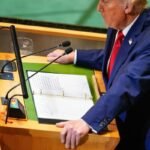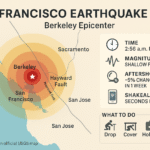Israel strike in Doha—reports point to an afternoon strike near Leqtaifiya/West Bay Lagoon as Hamas leaders weighed a U.S. ceasefire/hostage proposal. It’s the first known attack on Qatari soil tied to the conflict, shaking a key diplomatic hub and testing Qatar’s role as mediator.
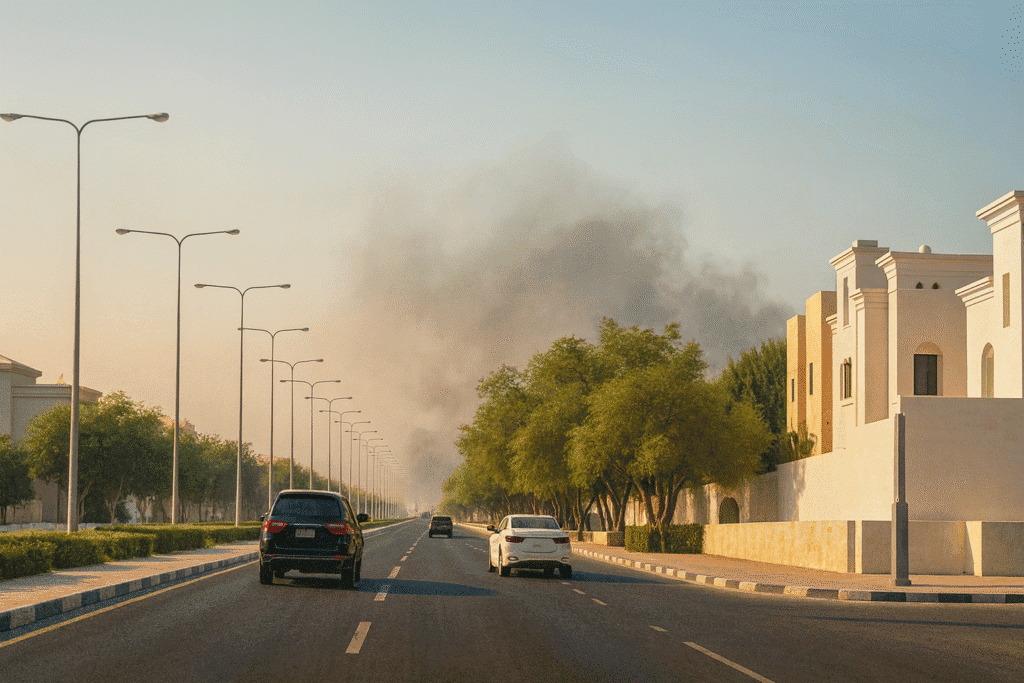
Israel strike Doha — smoke above a Doha roadway near LeqtaifiyaDoha, Sept 2025 — The Israel strike in Doha hit Leqtaifiya/West Bay Lagoon in the late afternoon as Hamas leaders met to weigh a U.S. ceasefire/hostage proposal. It was the first known Israeli attack on Qatari soil, shattering the calm of a diplomatic hub and raising urgent questions about whether the Gulf’s premier mediator can keep talks alive.
https://www.aljazeera.com/news/2025/9/9/israel-attacks-hamas-leadership-in-qatar-all-to-know
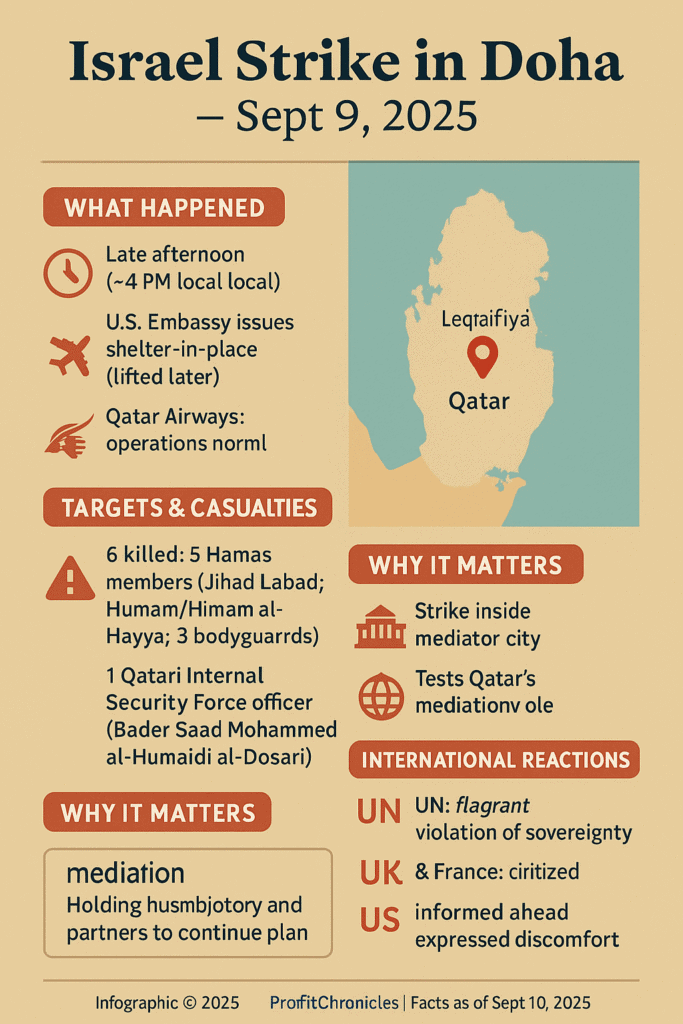
Key facts at a glance
- Where: Leqtaifiya/West Bay Lagoon, northern Doha
- When: Late afternoon, Sept 9, 2025
- Who: Hamas delegation targeted; senior leaders survived
- Casualties: Five Hamas members + one Qatari Internal Security Force officer reported
- Aviation: Qatar Airways said operations continued normally
- Diplomacy: Qatar signaled its mediation will continue
What Happened — and Who Was Hit
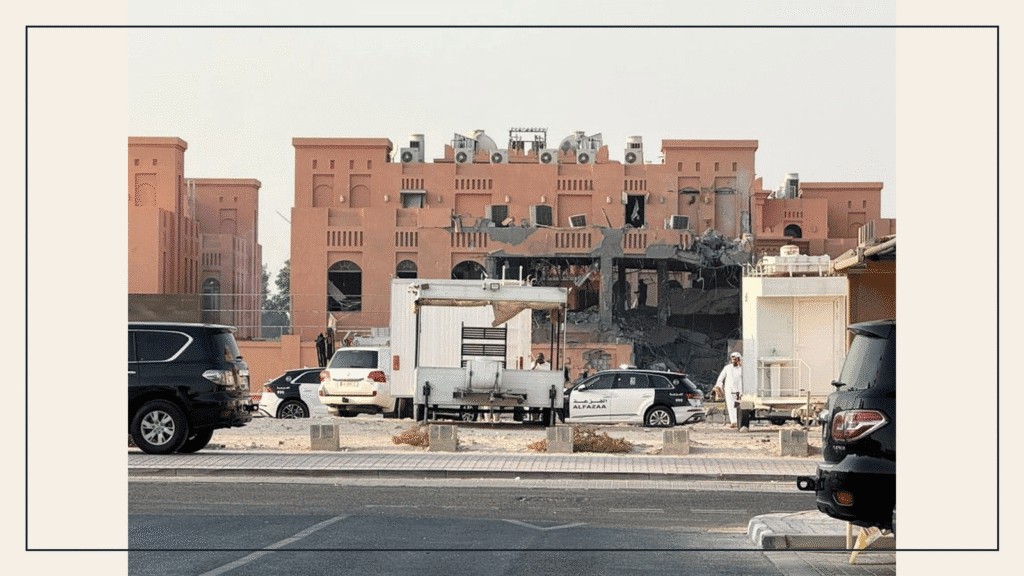
Israeli officials described a precise strike on senior Hamas figures. Hamas later said six people were killed: five of its members—including Jihad Labad (director of Khalil al-Hayya’s office), Humam/Himam al-Hayya (Khalil al-Hayya’s son), and three bodyguards—plus Qatari Internal Security Force Corporal Bader Saad Mohammed al-Humaidi al-Dosari. Top Hamas leaders survived, including Khalil al-Hayya; Zaher Jabarin was reportedly among those targeted.
Video from Doha showed smoke over the waterfront as residents and international schools sheltered in place. The U.S. Embassy briefly issued a shelter-in-place alert before lifting it. Qatar Airways confirmed no operational disruptions, signaling national resilience even amid shock.
Official Qatar MFA update · Qatar Airways travel alert · U.S. Embassy Doha security notice · Major wire coverage
Why Doha Matters (and Why This Strike Is Different)
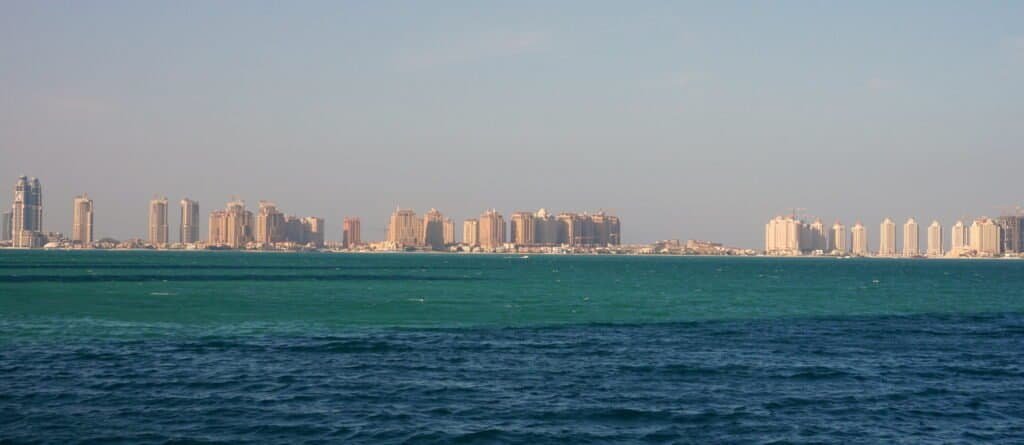
For years, Qatar has hosted Hamas’s political office and acted—often at U.S. and Israeli request—as a mediator. A strike inside the mediator’s city is more than kinetic pressure; it risks deterring diplomacy by making the negotiation venue itself feel unsafe. That’s why the Israel strike Doha episode is a hinge point: it tests whether back-channel talks can survive when mediators’ home turf becomes a battlefield.
A Muddled 10-Minute Window
Washington says it was informed ahead of time; Qatar’s prime minister counters that Doha was notified only ~10 minutes after the bombs began to fall. The White House distanced itself, and President Donald Trump criticized the move as not advancing U.S. or Israeli goals—a striking public rebuke of an ally’s decision-making sequence.
External link ideas: White House briefing · Qatar PM remarks · Presidential comment thread
Mediation: Paused or Persevering?
Early signals suggested Qatar briefly paused mediation to secure the area and assess the fallout. Within hours, the Qatari PM insisted “nothing will deter” Doha’s role. That tension—pause vs. perseverance—captures the fragile reality: negotiations must continue even as negotiators themselves feel newly exposed.
Global Blowback — and What It Means
The UN Secretary-General called the strike a “flagrant violation” of Qatari sovereignty. UK Prime Minister Keir Starmer said it violated sovereignty and risked escalation. France’s President Emmanuel Macron labeled it “unacceptable.” Together, the responses suggest a widening view—even among Israel’s partners—that attacks in Doha cross diplomatic red lines.
External link ideas: UN statement page · UK PM press note · Élysée press communiqués
The Human Factor: Families, Workers, and a City on Alert
Beyond geopolitics are families and workers in one of the Gulf’s safest capitals: children rushed into school lockdowns; residents dodging shattered glass; expats refreshing embassy feeds for guidance. For Hamas negotiators, it was walking out alive but diminished—without colleagues they relied on at the table.
The Strategic Calculation: Deterrence vs. Diplomacy
Analysts warn the strike raises the cost of mediation and could undercut a Gaza ceasefire if Hamas hardens its stance—or if Qatar narrows its role. At minimum, Israel has telegraphed that geography won’t shield targets. The open question is whether that message deters attacks or dismantles the last viable channels for a deal.
Aviation, Trade, and Risk
In the hours after the blasts, Qatar Airways reiterated no disruptions, and aviation analysts said commercial routes remained safe given the targeted nature of the strike. Still, perception moves markets: bookings, insurance premiums, and stopover tourism will be closely watched.
External link ideas: IATA note · Airline operations update · Insurance market commentary
Bottom Line: Peace Under Fire
The Israel strike Doha forces a choice: double down on mediation even when mediators are targeted—or let escalation erase the spaces where diplomacy happens. With UN, UK, and French condemnation on record and Washington signaling discomfort, the next days will decide whether the ceasefire/hostage track survives. For now, Qatar says it will keep at it—the narrow path left between deterrence and diplomacy.
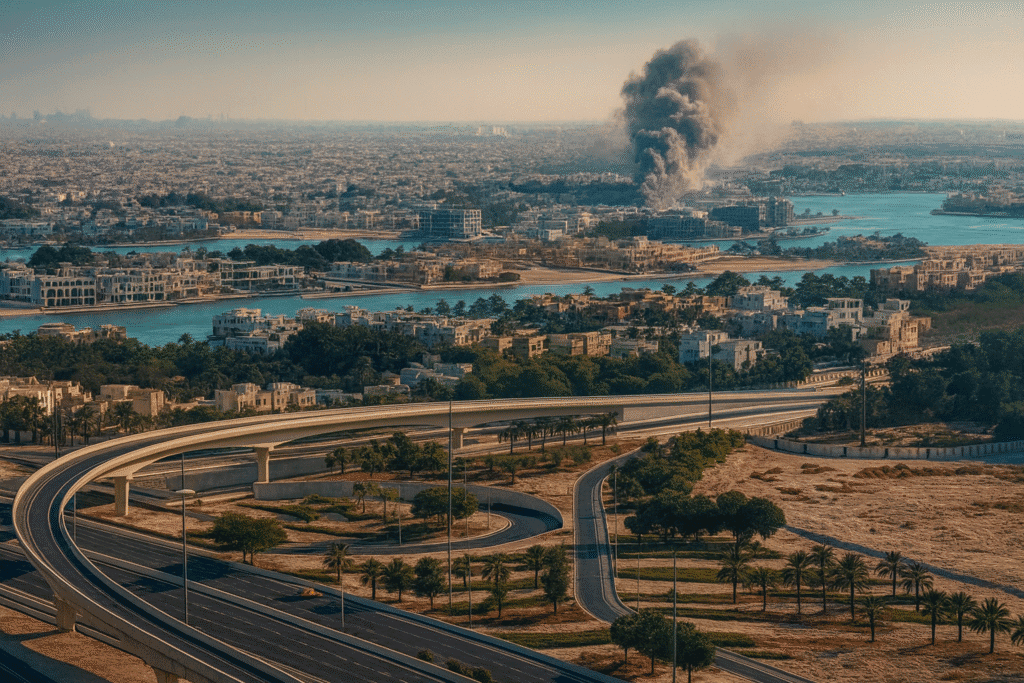
FAQs: Israel Strike in Doha (2025)
Q1. Why did Israel strike in Doha?
Israel says it targeted Hamas leadership meeting in West Bay Lagoon as part of its wider campaign against Hamas following the Oct 7 aftermath and ongoing conflict dynamics.
Q2. Who was targeted, and who survived?
Hamas reported five members killed plus one Qatari ISF officer; senior leaders (including Khalil al-Hayya) survived. Names reported include Jihad Labad and Humam/Himam al-Hayya.
Q3. Did Qatar suspend mediation after the strike?
Initial signals pointed to a temporary pause; the Qatari PM later said nothing will deter Doha’s mediation role.
Q4. Is it safe to travel through Doha right now?
Qatar Airways reported no operational disruptions. Travelers should follow airline advisories and embassy guidance.
Q5. What did the UN, UK, and France say?
The UN called it a “flagrant violation” of sovereignty; UK and France criticized the strike and warned of escalation risks.




